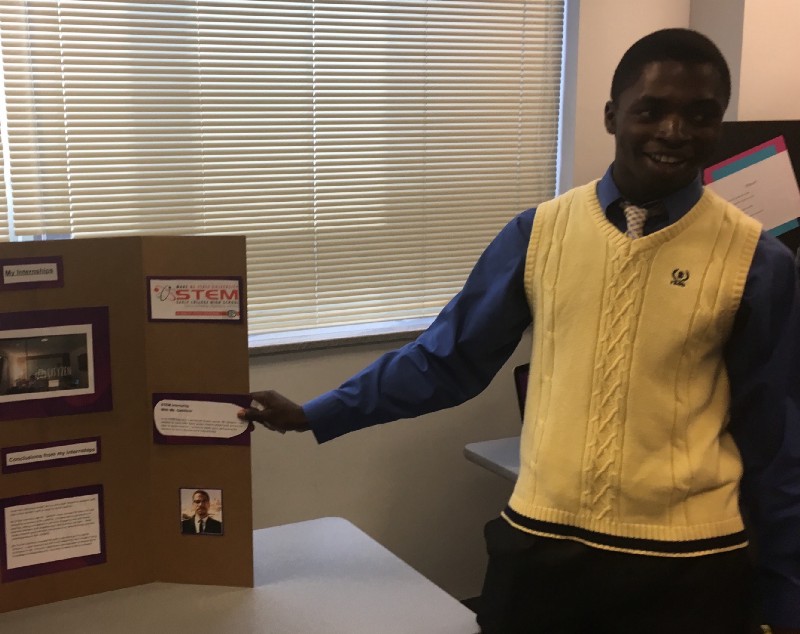A few months ago, I got a call from a client about a bright student who was looking for an internship in the civic tech space. “Kevin is a high schooler, but he’s a bit of a prodigy. You should meet him.”
So a few days later, I found myself sitting in with a 17-year-old showing off the video game he built for his classmates.
“It’s like Duck Hunt meets Galaga,” Kevin explained.
I watched as cartoon ducks descended one by one on the screen, towards a hunting dog controlled by the player. When Kevin missed too many of them, the face of one of his teachers appeared on the screen, scolding him — “That dog won’t hunt!”
I muttered aloud “How… did you build this?”
“Oh,” Kevin replied. “It’s just some super basic C# code I put together. I thought it might get a laugh from my teacher.”
It just so happens that Cityzen’s backend is also built in C#, a robust and flexible framework that powers everything from Kevin’s video game to sophisticated online banking tools.
So after about one round of Duck-Hunt-Galaga, I of course asked Kevin what his class schedule was like, and when he could start at Cityzen.

Kevin presenting on his internship as part of Wake County STEM Early College
A few days later, Kevin started his internship. He’s currently balancing that role with a dual enrollment program between Wake County STEM Early College and NC State.
When he graduates high school, he’ll have a full two years of college credit under his belt. Not to mention working for a software company.
So how’s he doing? If you’re a Cityzen customer, you’ve probably already seen his work:

Sentiment Analysis on public comments for an Austin, TX workforce program. (Kevin built this)
Today every comment collected into Cityzen is run through an algorithm Kevin created, tapping Google’s machine learning API to assign an inferred positive, negative, or neutral sentiment.
These sentiment scores are then totaled and summarized for each topic, giving you a quick snapshot of community sentiment.
This tool is especially helpful when you’ve got a few different alternatives on a project, or if you’re like Austin and receive 500+ comments.
Remember, the person that built this is 18. Let’s add that to the list of other things that make Kevin an everyday 18-year-old:
-
- Builds his own video games (and computers)
- Already has a year of college credit, while in high school
- Was elected prom king. Dates prom queen
- Did we mention machine learning integrations for comments?
So, needless to say we’re impressed and excited to have Kevin here at Cityzen. And what he’s working on next.
I can’t talk his next project at the moment, but we believe it’ll save customers at least an hour per public outreach effort. Stay tuned.
PS — Kevin joins a growing team of talented Cityzen contributors we’ll blog about in the coming weeks. Up next, Bryan Noreen, the data scientist who knows why your sample is broken (and how to fix it).
To learn how you can tap machine learning and more to streamline your public involvement process, request a demo at PublicInput.com



